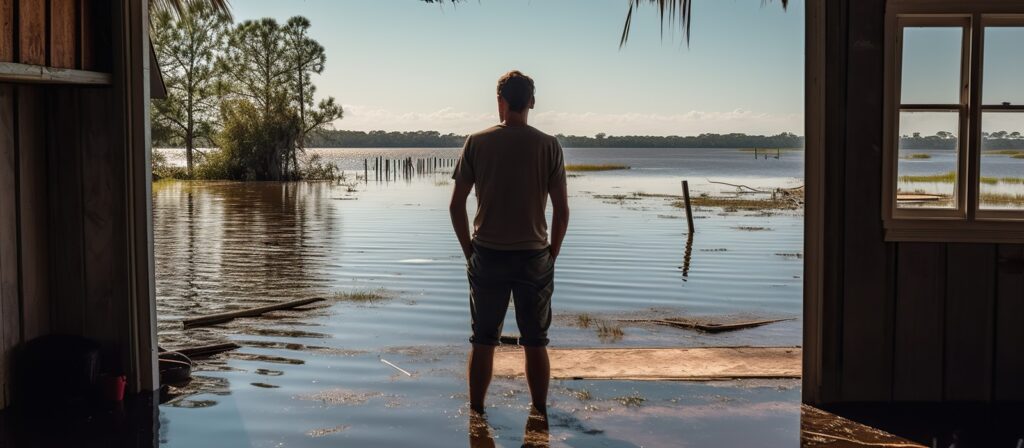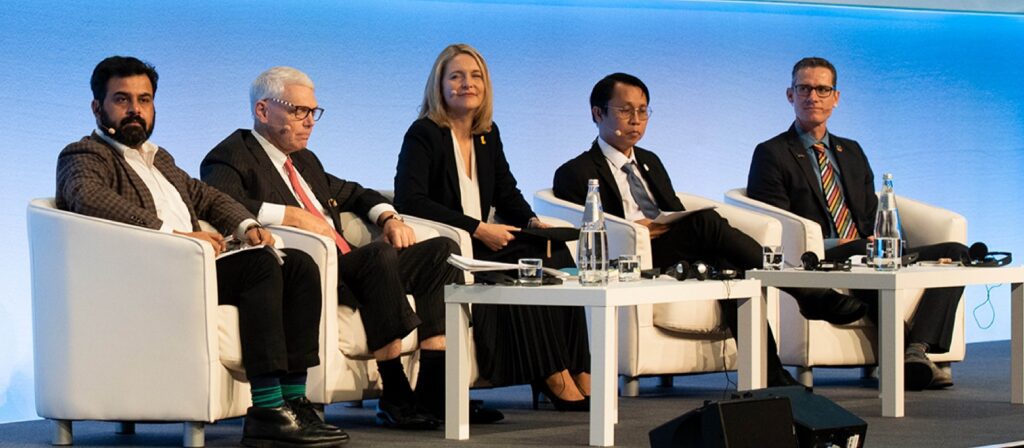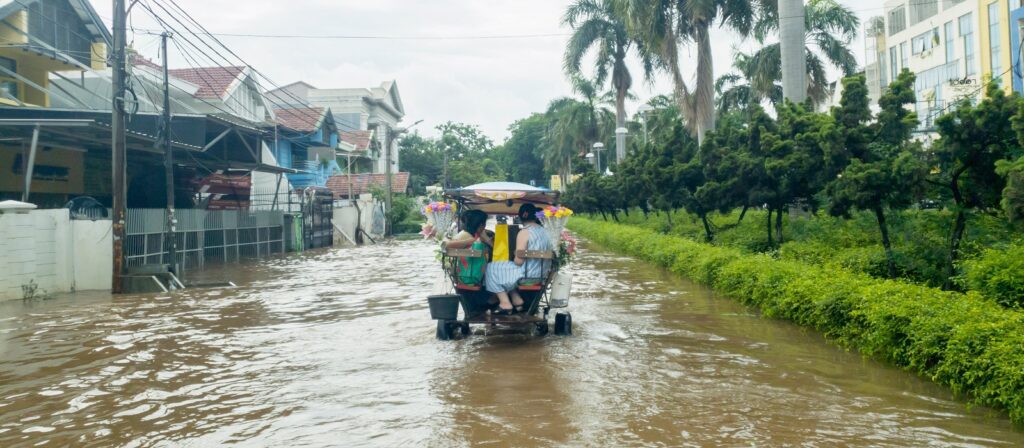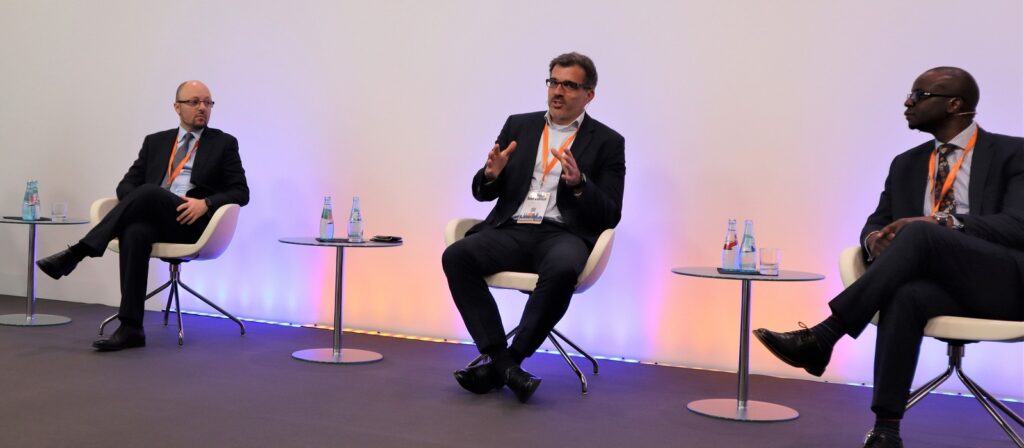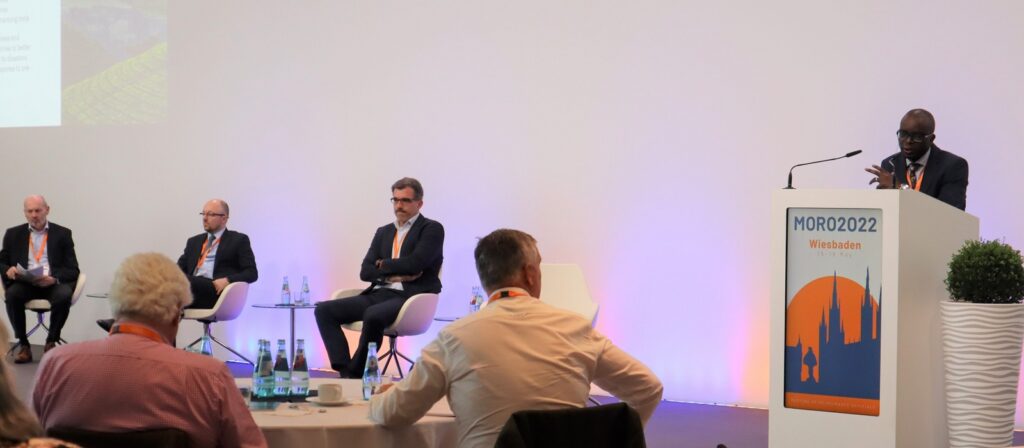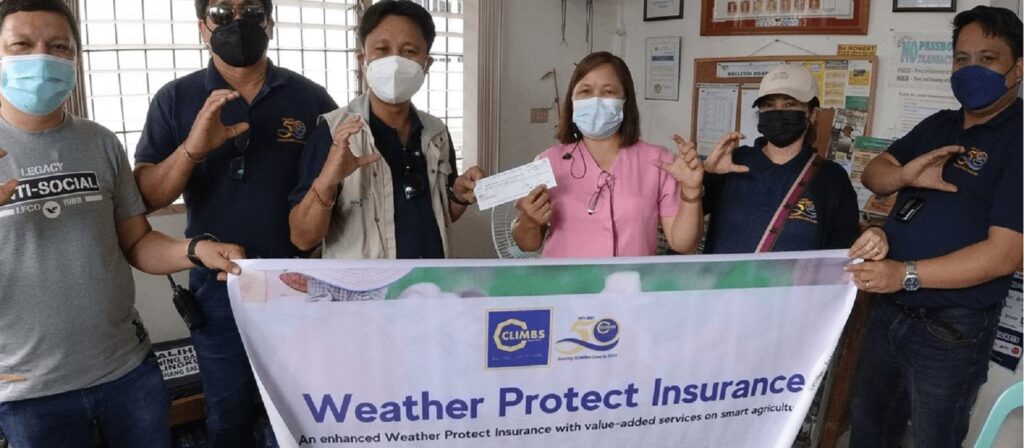The Flood Insurance for Target Cities in Argentina (FITCA) project aims to mitigate flood impacts in Argentine cities through a public-private partnership that offers parametric insurance. This innovative insurance model provides rapid payouts based on predefined flood-related triggers, facilitating swift assistance to vulnerable populations. In its initial phase, the project gathered data from five cities to develop and refine the product. ICMIF member Grupo Asegurador La Segunda, a local cooperative insurer, plays a pivotal role by managing risk, providing essential data, liaising with regulatory bodies, and coordinating with stakeholders. The project employs advanced GIS and hydrological modelling techniques to accurately determine insurance payouts. With successful implementation, FITCA plans to expand to more regions, potentially inspiring similar initiatives globally and contributing significantly to disaster risk management and community resilience in Argentina.
Floods are among the most devastating natural disasters, wreaking havoc on communities, economies, and infrastructures. In Argentina, several cities are particularly vulnerable to flooding, which poses a significant threat to the socio-economic stability of the affected regions. The Flood Insurance for Target Cities in Argentina (FITCA) project aims to mitigate the socio-economic impacts of floods by introducing a parametric insurance product. This product is designed to provide immediate assistance to affected populations, particularly targeting the poor and vulnerable groups who are often the hardest hit during such disasters.
The FITCA project is a collaborative effort funded by the InsuResilience Solutions Fund (ISF), which receives funding from the German Development Bank KfW on behalf of the Federal Ministry for Economic Cooperation and Development (BMZ). The project is managed by the Frankfurt School of Finance and Management and co-funded by the Insurance Development Forum (IDF).
Project Roles and Responsibilities
The FITCA project is a multi-stakeholder initiative involving various organisations, each contributing their expertise to the project's success:
- UNDP: Focuses on contributing to human, inclusive, and sustainable development.
- SCOR / Hannover Re: Serve as co-leaders of the project, bringing in their expertise in reinsurance.
- Guy Carpenter: Acts as a local member for the project, contributing to local knowledge and insights.
- Grupo Asegurador La Segunda: Functions as the local project member, managing risks, providing data, serving as the regulatory point of contact, and liaising with stakeholders.
- Municipalities: Provide critical information, ensure protection measures, and act as potential policyholders.
Implementation and Development
The primary goal of the FITCA project is to introduce a technically feasible insurance product that addresses the natural hazard of flooding. By facilitating the transfer of flood risks to insurers, the project aims to restore infrastructure, maintain economic activity, education, and health services, and reducing migration, poverty, and loss of opportunities for the population. This ensures the long-term sustainability of economic and social activities in the affected regions.
One of the innovative aspects of the FITCA project is the development of parametric insurance. Unlike traditional insurance, which requires assessment and validation of losses, parametric insurance provides payouts based on the occurrence of predefined events, such as reaching a specific level of rainfall or river flow. This allows for quick disbursement of funds, enabling immediate response and recovery efforts.
In the initial phase, five cities were selected to pilot the project. Municipal administrations in these cities provided valuable data through field interviews, helping identify factors that increase or mitigate flood risks. This information was used to create a matrix that compares urban strengths and weaknesses, which is continuously refined to improve the product's effectiveness.
The project employs Geographic Information Systems (GIS) to enhance its technological capacity. GIS allows for comprehensive analysis in the face of natural disasters by measuring the extent and depth of water in urban areas, interpolating contour lines, analysing building density, and creating terrain elevation models. This forms a valuable geographic database for decision-making. Additionally, advanced hydrological modelling techniques are used to calculate flooded areas from real data, both before and during floods. By overlaying these areas with population density and vulnerable fixed assets, the project can determine the extent of the insurance payout, enabling the insured to take necessary mitigation measures.
An index-based approach was established, and appropriate data was gathered to tailor the parametric coverage to the needs of the insurables. To support risk analysis and rate setting, the project partnered with an external provider specialising in data management and climate risk modelling.
Future of the Project
The FITCA project has significant potential for expansion and scalability. As the project progresses, it aims to extend its solutions to more cities and regions, adapting to the specific needs of each community. The project represents a pioneering strategy in disaster risk management in Argentina, leveraging international collaboration and disruptive technologies.
As partners in the FITCA project, stakeholders believe that integrating prospective, corrective, and reactive actions—components of integrated risk management as defined by the Global Facility for Disaster Reduction and Recovery (GFDRR)—will help insured populations anticipate, prepare for, and respond effectively to adverse weather events.
The success of the FITCA project is expected to stimulate the design of other parametric insurance products for different natural hazards. The project’s development is characterised by overcoming geographical barriers through virtual connectivity and maintaining direct, personalised contact between consortium members and municipalities. These advantages can be extended to protect against other risks faced by communities.
The FITCA project stands as a testament to the power of innovative insurance solutions in contributing to the common good of society. By providing immediate financial assistance to flood-affected populations, the project not only supports immediate recovery efforts but also ensures the long-term resilience of communities against future natural disasters.
In conclusion, the FITCA project exemplifies a successful collaboration between various stakeholders, each bringing their unique expertise to create a robust and effective insurance solution for flood-prone areas in Argentina. The project's success could serve as a model for similar initiatives worldwide, demonstrating the critical role of insurance in disaster risk management and socio-economic stability.

Published October 2024
About La Segunda
La Segunda is a leading cooperative insurance company based in Argentina, founded in 1933 with a commitment to providing comprehensive and community-focused insurance solutions. As a member-owned cooperative, La Segunda offers a wide range of products, including life, property, agricultural, and health insurance, prioritising the needs and well-being of its policyholders. With a strong emphasis on social responsibility and innovation, La Segunda has become a trusted name in the Argentine insurance market, known for its reliability, ethical practices, and dedication to supporting both individuals and communities.
